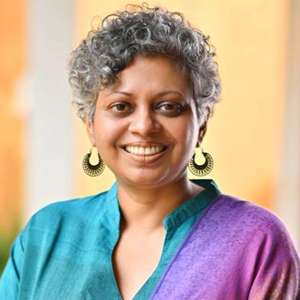
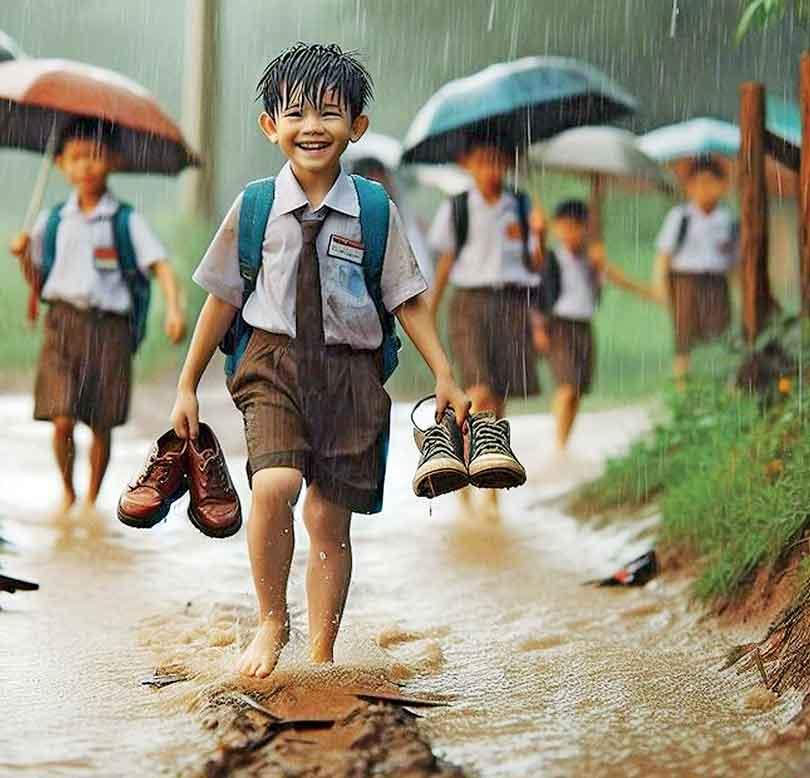
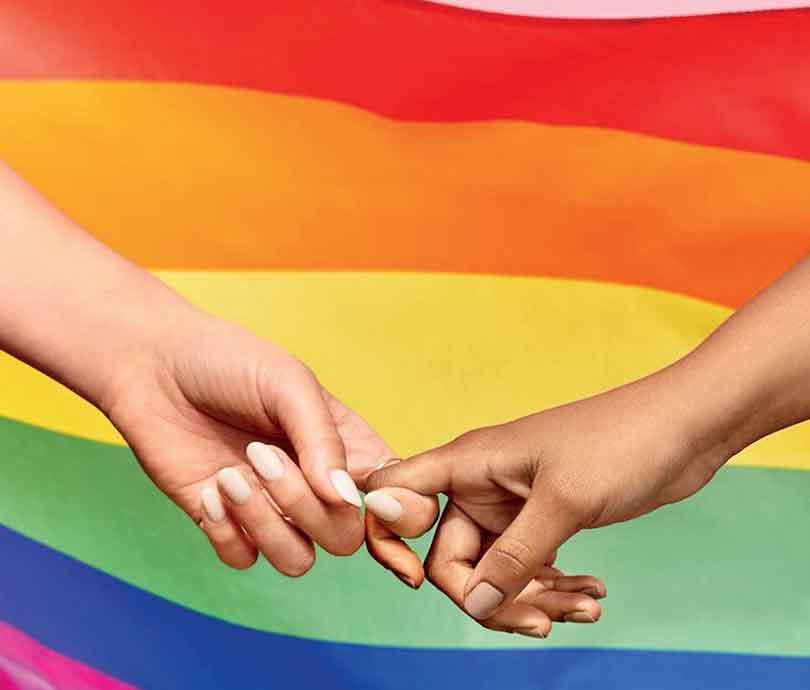
“It is undeniable that personal beliefs and religious convictions shape many minds. However, we must also respect the universal declaration of human rights, which affirms that all humans are entitled to dignity and equality, regardless of gender preference.”
“Schools are microcosms of society, where belief systems, values, and differences intersect daily. They ought to be spaces where every student learns that they can "live and let live", regardless of religious, cultural, or personal beliefs.”
In today’s blended world of cultural heritage, religious sentiment, and the fast-paced curiosity of teens, the topic of gender identity and LGBTQ+ issues is more relevant (not to mention, more sensitive) than ever. Three of the five major global religions maintain disapproval of homosexuality, creating deeply rooted social stigmas. This sensitivity, however, cannot be a reason to side line the conversations that curious, questioning young minds are already having. And schools need to play a responsible, informed role, not by preaching or promoting, but by ensuring that facts and empathy are at the heart of education.
1
Teens Are Already Asking Questions!
Whether educators, parents, or school administrators like it or not, today’s teenagers are curious about LGBTQ+ identities. And to find out more, they take the fastest (and not necessarily the smartest!) route to getting answers. They ask their peers, scroll through Google, or toss questions at ChatGPT, all sources which are vulnerable to misinformation or unverified viewpoints. Just as with sex education, educating students on gender identities is not about advocacy. Rather, it is about providing accurate, age-appropriate information. After all, is it not better for schools to place reliable facts in front of students rather than allow them to wander in the wilderness of dubious internet sources?
2
Reconciling Religious Beliefs and Human Rights
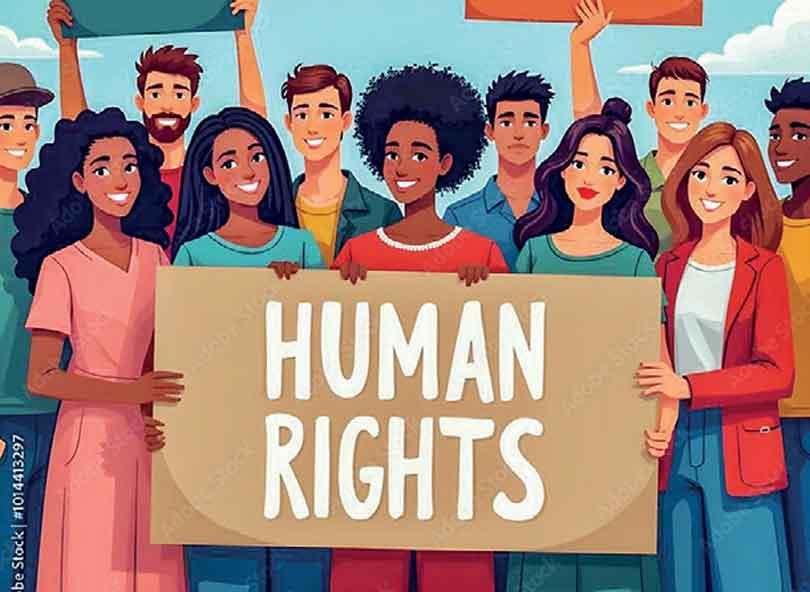
It is undeniable that personal beliefs and religious convictions shape many minds. However, we must also respect the universal declaration of human rights, which affirms that all humans are entitled to dignity and equality, regardless of gender preference. In my experience, even students who staunchly oppose homosexuality on religious grounds can be reminded that their own teachings emphasise kindness and compassion toward neighbours. Adolescence is a turbulent time in the life of a teenager, where they grapple with new ideas and perspectives in an attempt to figure out their own identities. The more questions arise around the topic of gender identity, it is not uncommon for a tomboyish girl to wonder if she is a lesbian, or for teenagers to experiment with pronouns, names, and self-expression.
3
The Role of the School

Schools are microcosms of society, where belief systems, values, and differences intersect daily. They ought to be spaces where every student learns that they can “live and let live”, regardless of religious, cultural, or personal beliefs. This does not mean that students should be taught to understand and accept every choice. Rather, it means refraining from judgment and learning to treat others with the basic dignity owed to any human being. Educators must understand that they need to be guardians of stability and emotional safety. On the one hand, prematurely affirming a teenage preference for a new name or pronoun can reinforce confusion, and should perhaps be avoided. However, on the other, some students may genuinely be discovering and embracing their identity, and it behoves educators to maintain a balance when validating exploration and supporting genuine self-identification. Teachers need to demonstrate both care and integrity, supporting teens, without hastily encouraging change, and when necessary, facilitating dialogue with parents in order to foster understanding, trust, and reassurance.
4
A Curriculum Grounded in Sensitivity & Accuracy
To responsibly include LGBTQ+ topics in education, schools need to consider the following steps:
Encourage kindness and compassion within the school environment.
Train educators to moderate conversations, respond to questions sensitively, and differentiate between exploration and expression.
Host guest speakers or share curated media from LGBTQ+ leaders or professionals, humanising identities beyond stereotypes. For example, hearing from LGBTQ+ personalities who demonstrate academic achievement, leadership, and resilience as part of a thoughtful classroom conversation may shift perspectives.
Provide access to counselling services to support students, parents, and staff in processing new information and emotions.
Host open, information sessions for parents to help bridge parental concerns
Integrate factual education about gender identity and sexuality, presented in a health and social studies framework. Just like mathematics or history, understanding of the LGBTQ+ topic prepares all students to participate responsibly in a pluralistic society, regardless of their personal religious affiliations or futures.
5
From Silence to Understanding
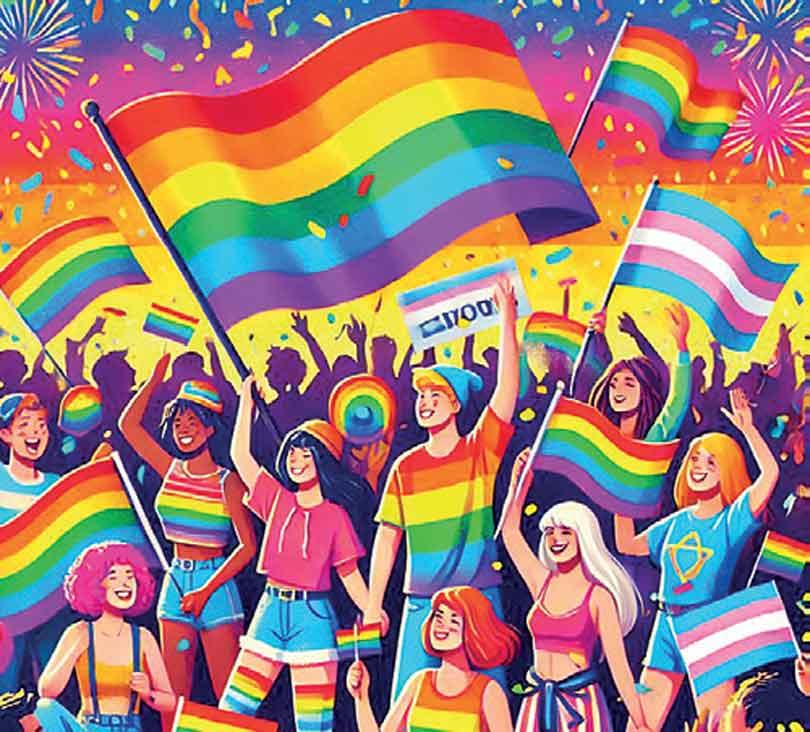
Silence begets confusion. In a world increasingly diverse in identities and experience, ignorance is no longer harmless; rather, it is harmful. By teaching teenagers about gender identity and LGBTQ+ issues in a thoughtful, measured, respectful, and age-appropriate way, schools fulfill their duty by preparing young people not just academically, but emotionally and socially, for life in a complex, interconnected world. With sensitivity, clarity, and courage, education can build empathy, promote human rights, and guide all students to coexist in a society grounded in dignity and compassion.

